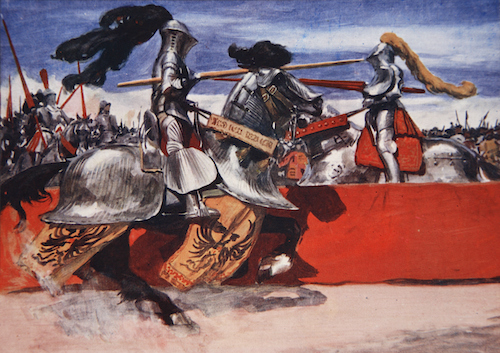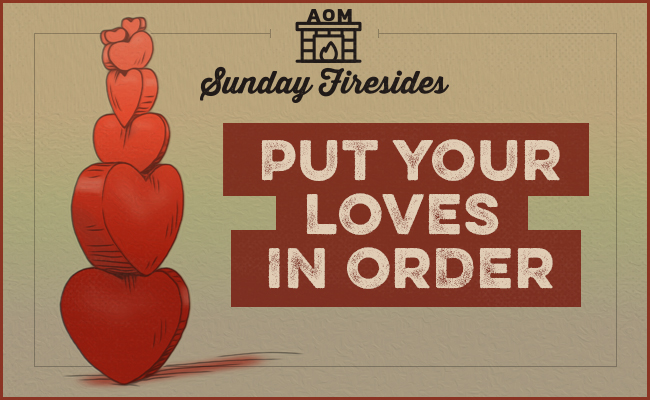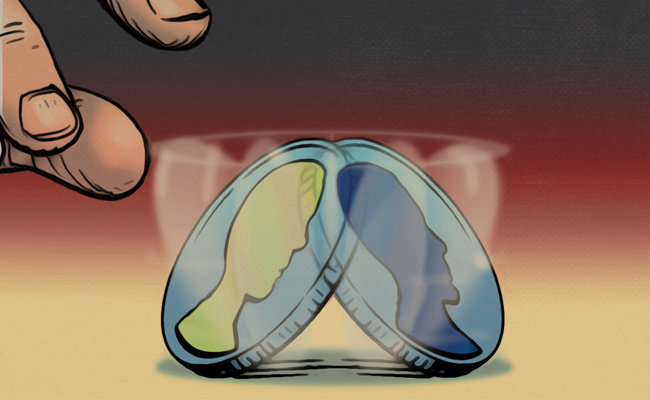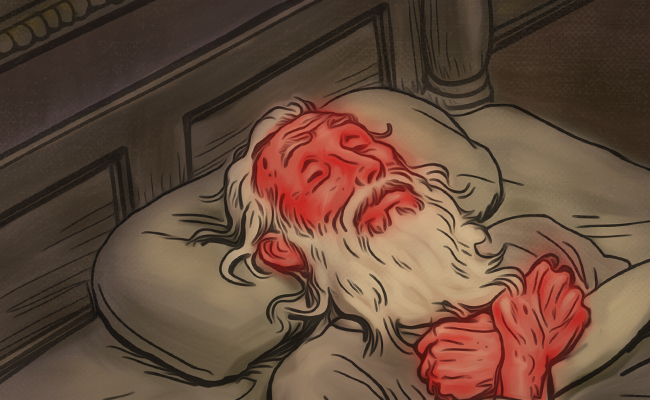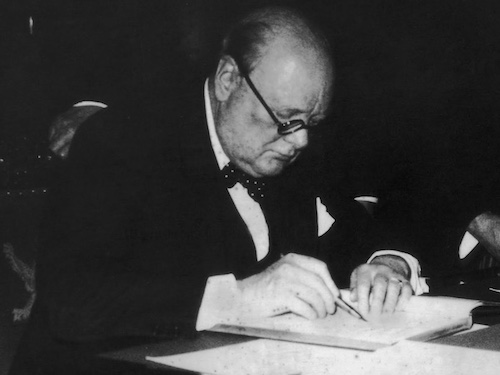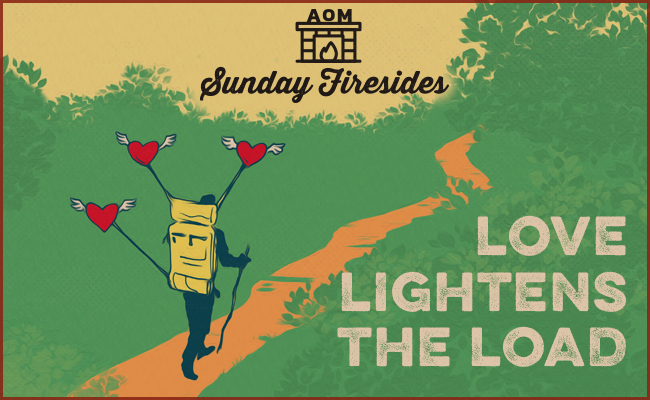
Jesus said, “If you love me, you will keep my commandments.”
Ever since, people have routinely emphasized the second part of this dynamic to the neglect of the first — not only in matters of faith, but in every other kind of commitment.
Think back to being in the throes of romantic love. You felt there was nothing you wouldn’t do for your beloved. What would otherwise be drudgery, became a joy. An acquaintance asks to be picked up from the airport at midnight? How vexing! Your beloved asks the same? What a delight!
Though the intensity of your ardor may have cooled since then, if you and she are still together, you probably still operate out of this love, where what would otherwise be effortful, feels natural — simply what you do because of the orientation of your heart.
We tend to only think of “falling in love” in terms of interpersonal romance. But such a falling should occur with everything you have a relationship with: your work, hobbies, and friends. The place you live. The philosophy you espouse.
Those who never do fall, but ever rely on duty and discipline, not as a back-up for when love falters, but as the primary driver of their action, experience their responsibilities — the “commandments” attendant to any path — as a mundane and tiresome grind. As Fred Craddock observed, “Many who say ‘Here we go again’ have not in fact ever gone before.”
Whether life is worth living, William James said, “depends on the liver.” And we would add: it depends on whether the liver has fallen in love with life.
Love transforms obligations from things we have to do, to things we feel we can’t not do. In acting from it, we discover the truth in that seeming paradox: how a yoke may be easy, a burden light.



